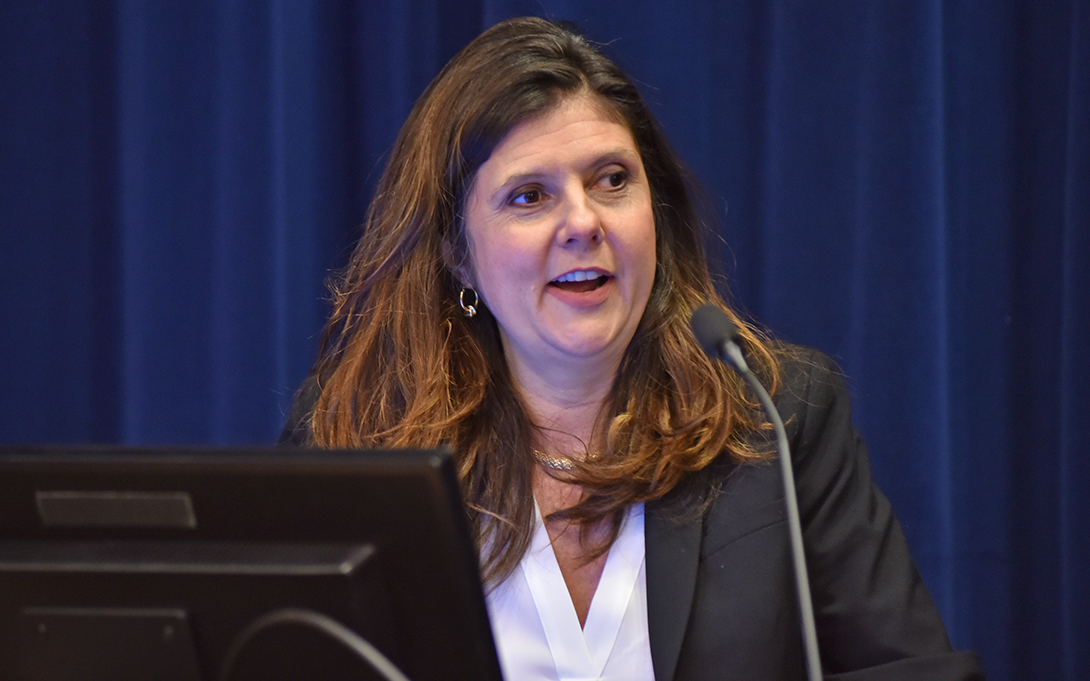
This week, Betsey Stevenson spoke with Yahoo! Finance on the state of the labor market and Marketplace about rising inflation.
In a lengthy interview with Yahoo! Finance, Stevenson noted that “If we filled every single job opening that's out there right now, we'd have employment that was not just well above where we were pre-pandemic, but well above what anyone predicted pre-pandemic. So that recovery and employers wanting to hire workers is there. The challenge is that we still have just a lot of uncertainty going on in the labor market.”
Responding to why workers weren’t coming back to their jobs, Stevenson said that "It’s not really about workers not coming back faster....we still have an elevated rate at which people are leaving the labor market."
Those without a college degree are exiting the labor market at the highest rates. "One of the things we want to do is slow the exit rate down, not just speed up the entrance rate," she said.
Speaking on the rising cost of childcare, Stevenson said “We have a chicken and the egg problem here because we don't have all the childcare workers back. We're still missing roughly one in 10 child childcare workers. We're also actually missing a lot of nursing home workers. So it's not just childcare. It's also care for adults who need care or elder care. And what we have is people who are providing this care at home. And because they're providing the care at home, they're at an increased risk of not being able to take on another job or do paid labor."
Stevenson also spoke to Marketplace on surging inflation and how the Federal Reserve may try to control it. “By raising interest rates, the cost of borrowing goes up for consumers. And so the idea is to just lower demand. As people buy less, that will slow the rate at which prices increase,” she said.
Read the pieces featuring Stevenson:
- Former Labor Department Chief Economist on the state of the labor market, Yahoo! Finance, December 14, 2021
- Where Inflation May Linger, Marketplace, December 15, 2021
- Jobless claims: Another 206,000 individuals filed new claims, rising from 52-year low, Yahoo! Finance, December 16, 2021

